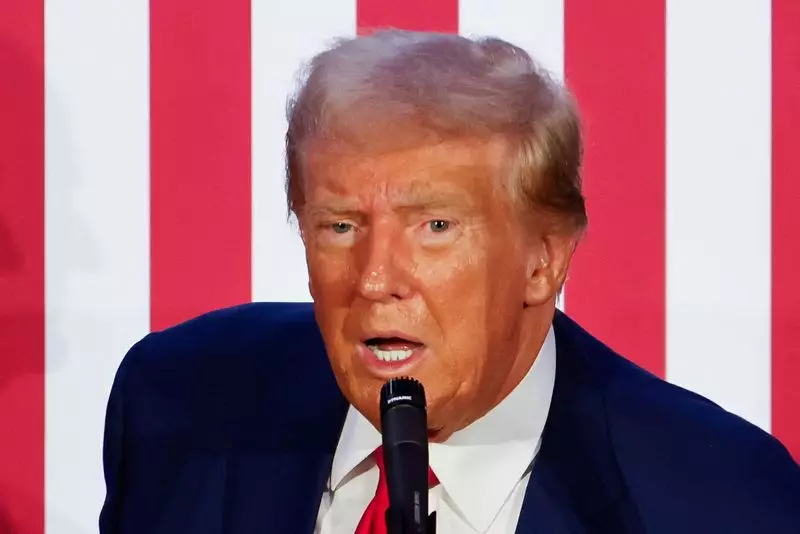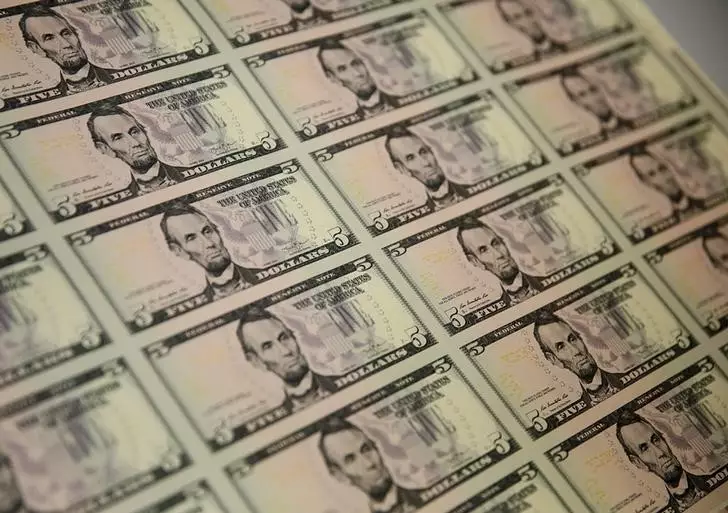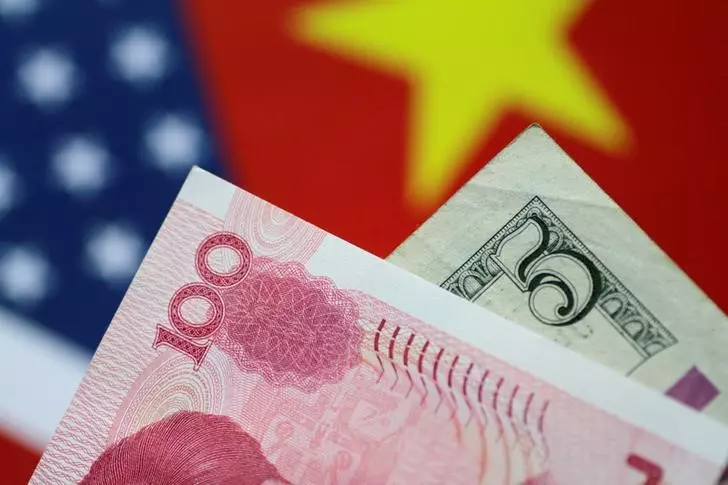Anticipating Economic Shifts: The Impact of a Republican Victory on Europe

As the U.S. presidential election approaches, the stakes for global markets could not be higher. Charles Gave, co-founder of Gavekal Research, has raised critical concerns regarding the economic implications of a potential Republican victory. With the outcome of the election being tightly contested, the ramifications of such a political shift could entail significant fluctuations in investment strategies, particularly for European assets like the euro and French bonds.
Gave asserts that should Republicans secure a decisive win, this might compel investors to act swiftly by divesting from the euro and bonds issued by France. Such moves would be fueled by underlying economic pressures already exacerbating the eurozone’s stability. France, in particular, is grappling with escalating deficits and increasing public debt, which are casting shadows over investor confidence. The perception of risk surrounding French assets is climbing, attributable to these systemic economic challenges.
Additionally, the current economic climate in Europe parallels historical crises, drawing a line to troubling moments such as Latin America’s downturn in 1982. This context elevates the urgency for investors to reassess their exposure to European markets, as significant shifts in U.S. policy could lead to dire repercussions abroad.
Looking back, Gave draws an important comparison between today’s scenario and the political climate following Ronald Reagan’s landslide re-election in 1984. At that time, substantial shifts in U.S. economic policy led to significant changes in investment behavior and capital allocation. A Republican victory in the current election could trigger similar reactions in market dynamics. Should Donald Trump regain the presidency and pursue aggressive tax cuts coupled with strategies aimed at downsizing the Federal government, it could incentivize U.S. corporate investments while dramatically altering the financial landscape.
Gave emphasizes that if the U.S. experiences an uptick in capital returns, this may, in turn, influence interest rates globally. Specifically, rising long-term rates in the U.S. are likely to spill over into other major economies, most notably affecting France, which is already navigating fiscal instability. Such a situation could intensify France’s fiscal challenges, which are currently voicing concerns reminiscent of economic crises faced by other regions in the past.
The dire warnings outlined by Gave suggest that without immediate and effective countermeasures, France might find itself on a trajectory toward severe economic distress akin to previous global financial disasters. The parallels he draws to past events serve as a haunting reminder of how quickly fiscal landscapes can change, inciting capital flight and economic deterioration. A reactive, rather than proactive, approach by investors may lead to an exodus from the euro and French bonds as fears mount regarding the continent’s economic sustainability.
The political landscape surrounding the U.S. election holds profound implications not only for American markets but also for international investors. As uncertainties loom, a strategic reassessment of opportunities, particularly in Europe, becomes increasingly critical for safeguarding investments amid potential volatility.





